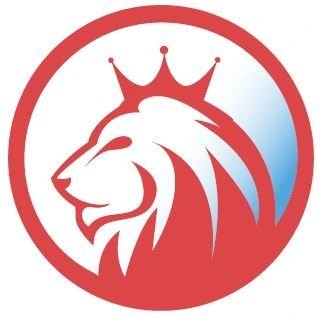When it comes to digital currencies, the idea of transaction fees is usually part of the package. Whether you're buying Bitcoin, using Ethereum to trade NFTs, or sending stablecoins like USDC, there’s usually a small fee attached to each transaction. Even traditional methods, like credit cards or PayPal, take their cut, typically around 1-3% per transaction, which can quickly add up.
But OCLT (OffChain Luxembourg Token) is taking a different path by choosing the Hive blockchain, which allows transactions without any fees. Zero fees might seem like a small detail, but it has huge implications, especially when we think about everyday use.
Let’s compare OCLT to traditional payment methods. Imagine you run a small coffee shop and accept card payments. Each cup you sell includes a transaction fee paid to the payment processor, cutting into your profits. Over time, these fees accumulate significantly. With OCLT, that same shop could accept digital payments without losing any portion of the sales, keeping more money in the local economy and encouraging community businesses to thrive.
Now, let’s look at other crypto examples. Ethereum-based tokens (like popular stablecoins USDT or USDC) often come with gas fees, which can spike dramatically when the network is busy. This unpredictability makes everyday transactions challenging - no one wants to pay $10 in fees for a $3 coffee. Solana or Polygon offer lower fees, but still aren't completely feeless.
In contrast, OCLT’s use of the Hive blockchain means you never worry about transaction costs, no matter how busy the network gets. Every transaction - whether it's sending money to a friend across the border, buying groceries locally, or paying for professional services is entirely free. This isn't just about saving money; it removes a critical barrier for adoption, making OCLT practical even for the smallest transactions.
This feeless model positions OCLT uniquely among community currencies. Local currency projects like the Bristol Pound or the Sardex system have historically relied on traditional platforms with operational fees. While successful, these fees still represented friction in their systems. OCLT avoids that friction entirely, creating an environment ideal for seamless and frequent use.
By choosing a zero-fee blockchain, OCLT isn't just trying to stand out - it’s enabling a whole new way of local economic interaction. It removes barriers, increases efficiency, and most importantly, helps keep value circulating locally rather than slipping away to intermediaries.
Would you be more likely to use a community currency if transactions were always completely free? Let us know your thoughts in the comments!
